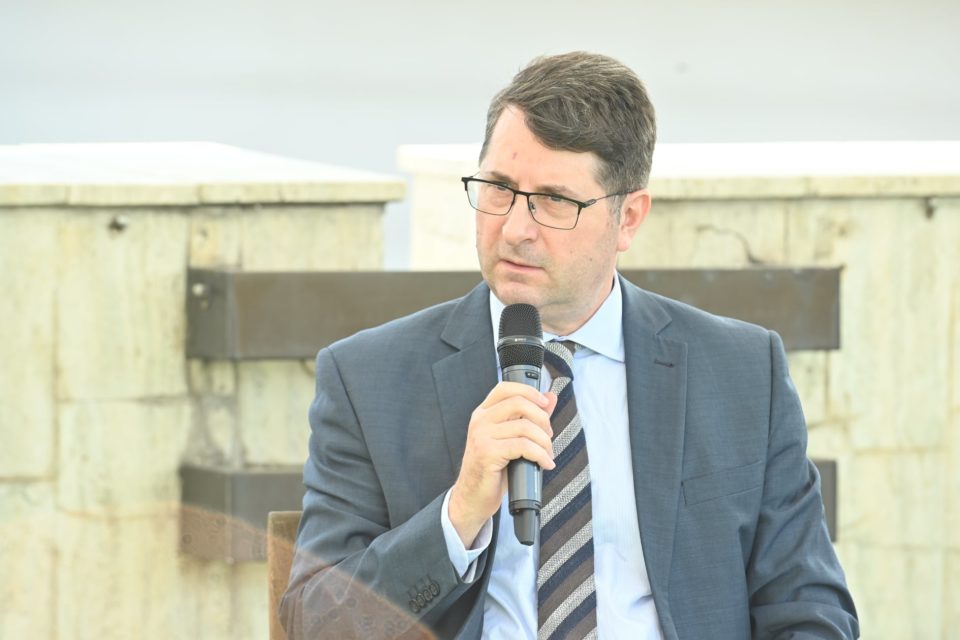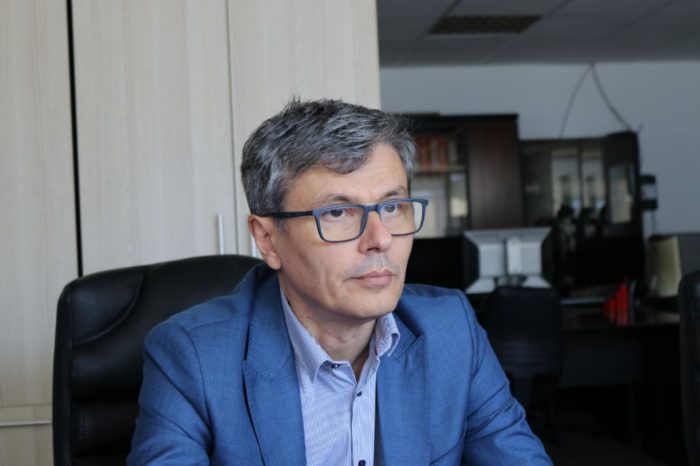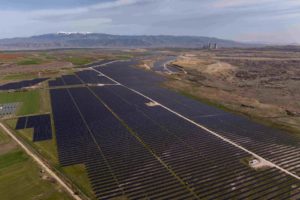Efficient Romania: “Energy renovation of buildings has enormous potential; we cannot remain stuck in outdated legislation”

The bill for compliance of the building stock with the new European regulations on the energy performance of buildings will be huge. Therefore, it is absolutely necessary for the Romanian legislation to be improved and adapted to the market requirements in order to attract private capital – including the co-participation of the owners – in the energy renovation works of the buildings. Although considerable, public, and European funds will not be enough in this sector, according to Radu Dudau, coordinator of the Efficient Romania project, the largest national private energy efficiency project, carried out by the Energy Policy Group (EPG) and supported by OMV Petrom.
Through the European Commission’s “Renovation Wave” initiative, designed under the umbrella of the European Environmental Pact, Romania, like other Member States, will have at its disposal unprecedented European funds for the renovation of buildings and bringing them to the new standards provided by European legislation. However, these funds will not be able to cover the need for investment, given that most of the existing buildings are built before 1990 and have energy losses 2-3 times higher than modern buildings.
“European financial instruments alone cannot cover the exorbitant bill required to bring the entire building stock up to the energy performance standards set out in the Energy Performance of Buildings Directive. We need to intelligently create, through sustained public consultation, the legislative and regulatory basis for private capital to join public funds – national and European. We cannot remain stuck in outdated legislation. Otherwise, we risk missing a defining opportunity of the European Ecological Pact “, says Radu Dudau, director of EPG.
The Efficient Romania project has two essential dimensions: on the one hand, communication, education, and public awareness regarding the benefits of energy efficiency; on the other hand, the financing and realization of the renovation works at nZEB standards (buildings with almost zero energy consumption) of several public schools in Romania. The first project of this type, being implemented, is the renovation to nZEB standards of a building of a school in Ploiesti.
“Efficient Romania is a project in which we decided to invest 4 million euros precisely because we are aware of the need to improve energy efficiency, especially in buildings, where a lot of energy is consumed and wasted. The quality of buildings is extremely important for our health, mood, and work. And the renovation of schools, of all types of buildings, is the starting point, given the huge importance of well-heated, lighted, and ventilated schools for both children and teachers. These schools are to serve as national and regional reference models for the renovation to nZEB standards, providing an example of good practice. This project proved to us that the public-private partnership is of major importance in carrying out all procedures and works “, says Alexandru Maximescu, Vice President of Regulation and Corporate Public Affairs within OMV Petrom.
NZEB standard, mandatory from January 1, 2021 for all buildings
The nZEB standard has become mandatory for all newly built buildings or those undergoing major renovation from January 1, 2021, for those in the public domain this obligation has existed since the end of 2018, according to Romanian legislation transposing European directives in the field.
We must avoid the risk of “over-technologicalizing” nZEB standards, says Radu Dudau.
“We need to get nZEB projects for public schools that are technically and financially replicable. The goal is not to create “a jewel of technology” to which no one can have access, but to obtain a realistic project at advanced standards of energy performance, affordable and replicable, with a bearable cost for local authorities in the country,” adds Radu Dudau.














